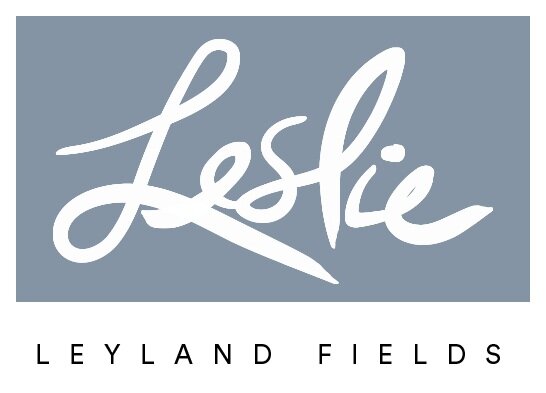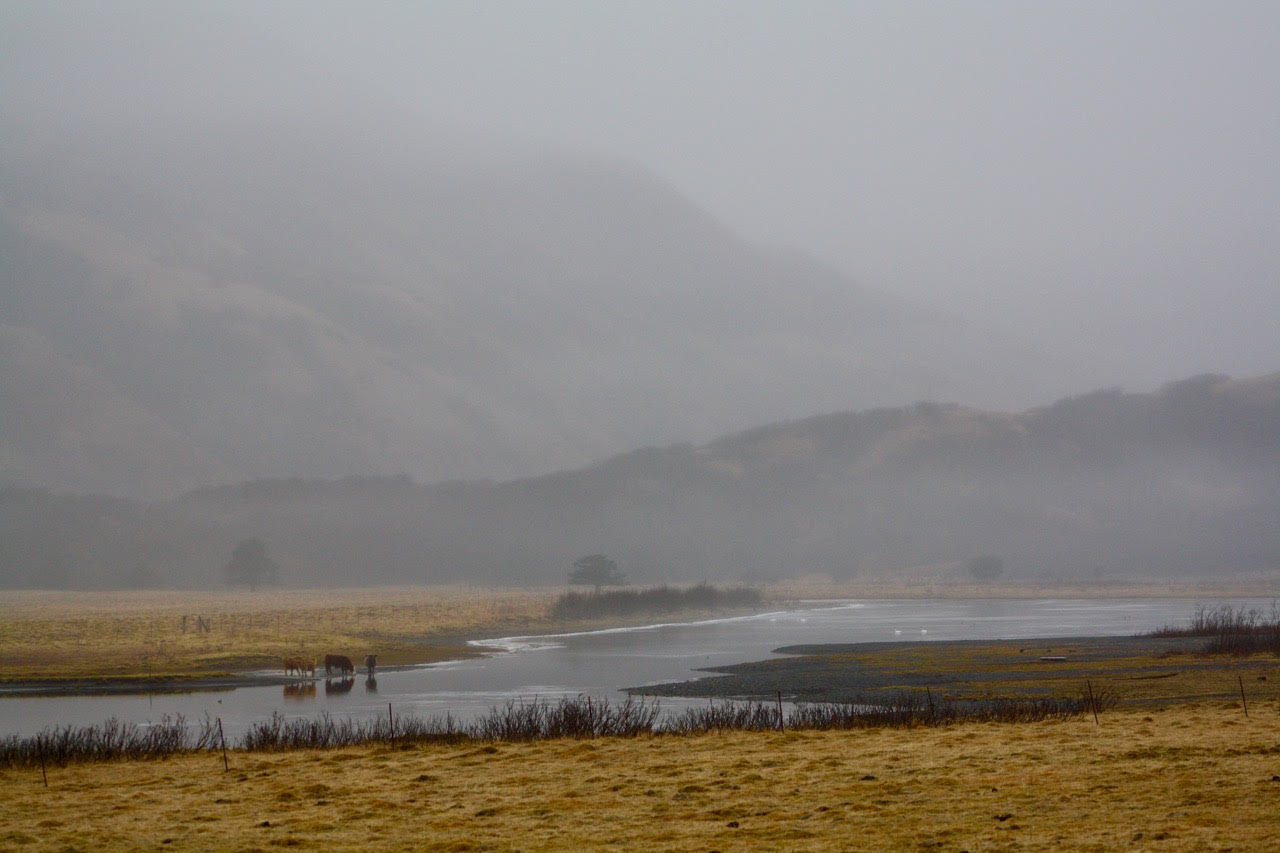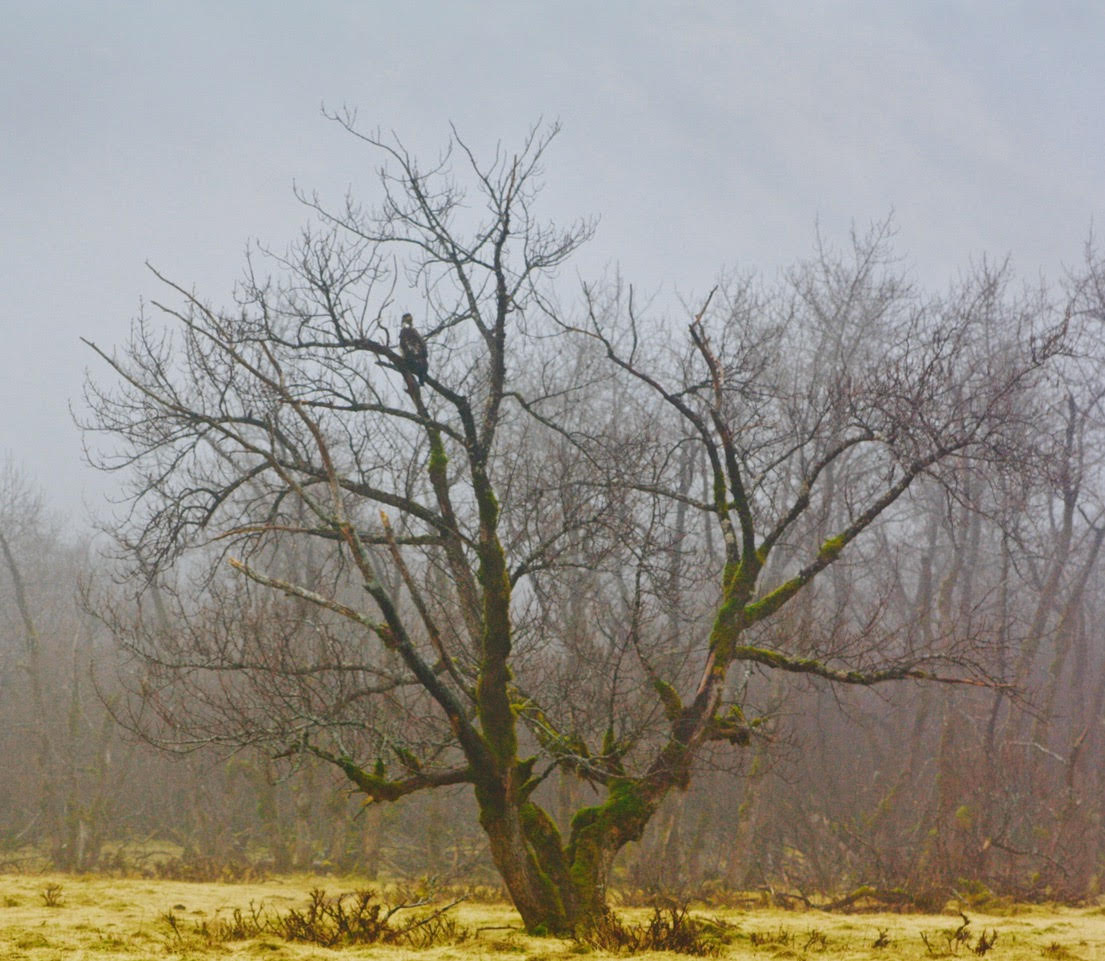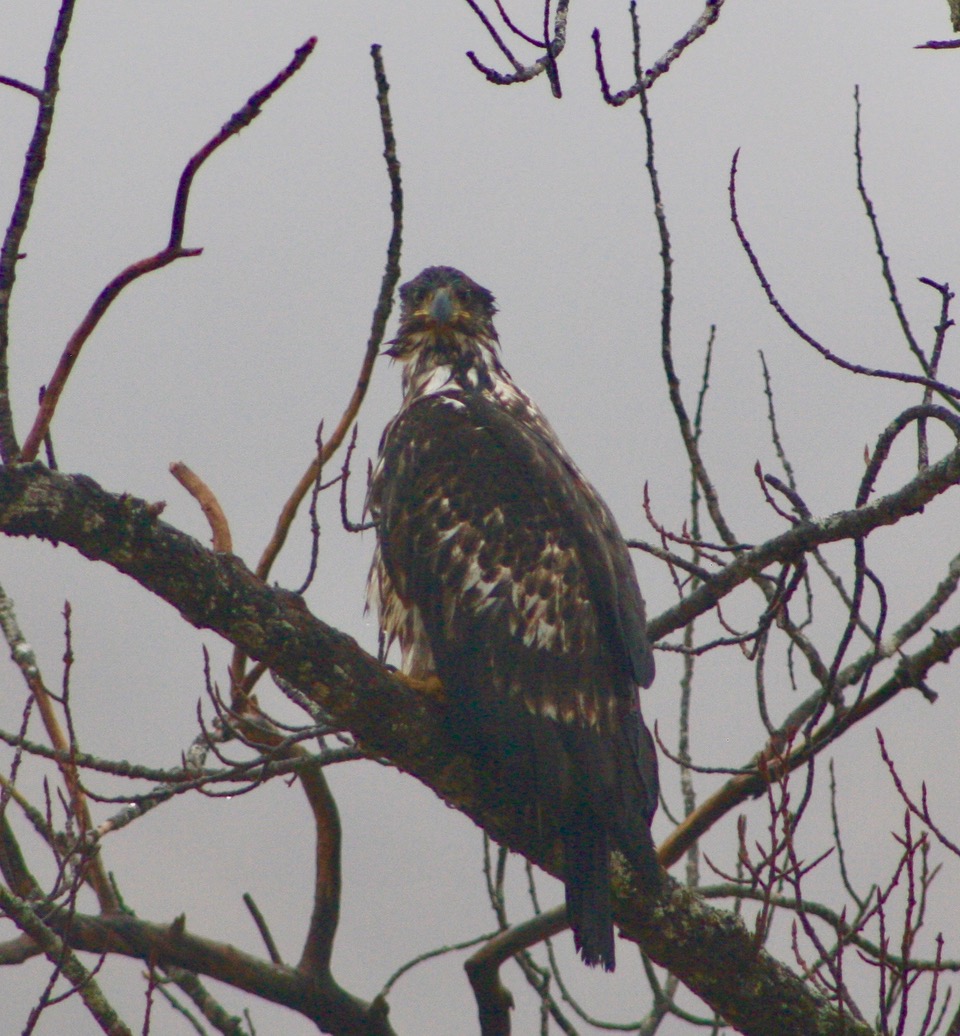Alaska's Disaster & Swooning Over Swans
This week I am in Texas, speaking at a large church in Victoria. So glad and grateful to pour out the words God has given. And going, always, in weakness rather than strength.
Last week, my husband and I escaped town and our relentless schedules and the flood of bad news on our screen. The national news is so constantly jarring, and now this week, Alaska’s news is just as bad. We didn’t go far——just an hour “out the road,” the one road out of town that winds for 60 miles into breathtaking country.
We were lucky. It was foggy, making our disappearance complete. No one knew we were there. It felt like we were a million miles away.
What were we escaping? What is “Alaska’s Disaster?” This is not my space to talk about politics, but I’ll give it quick nod. (Fellow Alaskans who disagree, let’s agree on grace toward one another, even if we have different views?) Our new governor got elected by promising every Alaskan a check for $3,000 in their mailbox, their full Permanent Fund dividend. (this is complicated and I won’t explain it here.) He did not, however, while running, ever give us his plan to balance Alaska’s budget, which has been in trouble for some time.
Now he’s threatening a 40% budget cut. What gets cut? Education. Headstart and preschool programs. Forty-one percent of the state university budget. Medicare and Medicaid. Farmers. The state ferry system—-which Kodiak and every coastal community depends on. And so much more. They want it all gone. As if there is no other way . ..
So we get in our car and go.
We go for a walk along the rime-edged shores of Lake Rose Tead, surely one of the most beautiful lakes in Alaska.
There are bald eagles here in scores. One immature eagle let me walk to the base of her misty tree before she lifted off. Glory!
And the tundra swans are there. They’re new in the neighborhood. They’ve come down from the north, discovering our Kodiak rainforest, our waters thick with food. Our temperate climate.
Sometimes we drive out to and there’s not a swan to be seen. Today, there were 100. We counted.
And a funny thing happened. The first flock of swans saw were such wild creatures. So skittish. I snuck and slid and hid among the alders, camera around my neck, wanting just a peek. Just a shuttered moment to catch them. And I did. Four sailing swans stayed long enough to let my lens watch them run, rise, and arrow straight into the foggy skies.
But the rest of them? The 96 others? I slipped surreptitiously along the edge, noiseless, hunched low . . .. and there they were. I crept closer, expecting them to startle and flee, as the others did. Then closer. They did not attend to me at all. Then I stood at water’s edge, a stone’s throw away and they regarded me not at all. I called to them. They just kept pluming and swanning as if I was not there. For ten minutes I stood there, close, feasting on their wildness wondering why they would not flee from me . . ..
And then this poem by Mary Oliver, which maybe tells me why.
WILD SWANS
You do not have to be good.
You do not have to walk on your knees
For a hundred miles through the desert, repenting.
You only have to let the soft animal of your body
love what it loves.
Tell me about despair, yours, and I will tell you mine.
Meanwhile the world goes on.
Meanwhile the sun and the clear pebbles of the rain
are moving across the landscapes,
over the prairies and the deep trees,
the mountains and the rivers.
Meanwhile the wild geese, high in the clean blue air,
are heading home again.
Whoever you are, no matter how lonely,
the world offers itself to your imagination,
calls to you like the wild geese, harsh and exciting --
over and over announcing your place
in the family of things.
——-Mary Oliver
I do belong. Even in the wildest of places. Even in whatever protest I join, to protect Alaska’s elderly, the needy, our kids.
The world and the Spirit of God calls to us all.
This is our family too.














